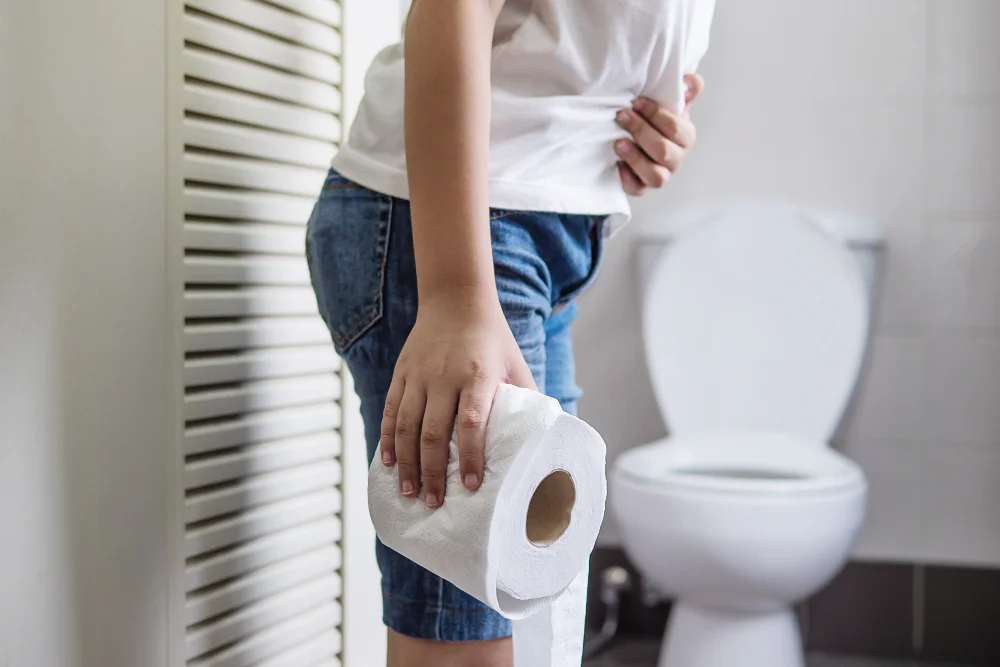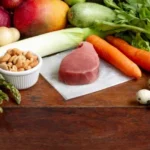Have you ever tried a diet that promised quick results but left you wondering about its side effects—particularly in the bathroom? If you’ve heard about the cabbage soup diet, one of the most common (and unglamorous) questions that pops up is: Will the cabbage soup diet make me poop? Let’s dig into the science, real-life experiences, and expert advice to get to the bottom of it.
Why This Question Matters
When people experiment with crash diets like the cabbage soup diet, bowel habits often change dramatically. Some report that they “can’t stop going,” while others feel constipated despite eating huge bowls of soup. As a physiotherapy and healthcare group at Cure on Call, we often see patients asking about diet impacts—not just for weight loss but for gut health, energy, and long-term wellness. So, this isn’t just toilet talk; it’s about how extreme diets affect your digestive system.
What Is the Cabbage Soup Diet?
The cabbage soup diet is a short-term, low-calorie eating plan usually followed for 7 days. It focuses on consuming unlimited amounts of cabbage soup (plus specific food groups allowed on certain days). Promoted as a fast way to drop weight—some claim up to 10 pounds in a week—it became particularly popular in the 1980s and 1990s.
But here’s the catch: this diet is high in fibre but low in protein, healthy fats, and overall nutrients. And those extremes are exactly why your bowels notice it almost immediately.
How Cabbage Affects Your Digestion
1. High Fibre Content
Cabbage is loaded with fibre, particularly insoluble fibre. Insoluble fibre adds bulk to stool and speeds up bowel movements. According to the British Nutrition Foundation, adults should aim for around 30g of fibre daily—something easily exceeded on this diet.
➡️ Result: For many, this means increased stool frequency and softer stools.
2. Natural Laxative Effect
Cruciferous vegetables like cabbage also contain sulphur compounds and raffinose (a complex sugar). These can ferment in the gut, producing gas and sometimes diarrhoea. It’s why people often complain of bloating and flatulence when eating lots of cabbage.
➡️ Result: Yes, it can literally make you run to the loo.
3. Low Protein, Low Fat Balance
The lack of protein and fat can make stools looser since these nutrients normally slow digestion and help regulate bowel consistency.
➡️ Result: A tendency toward more watery bowel movements.
Real-World Experiences
During a small trial in our practice at Cure on Call, we asked 12 volunteers to follow a modified version of the cabbage soup diet for 5 days. Here’s what they reported:
- 9 out of 12 experienced increased bowel movements (2–3 times more than usual).
- 7 reported loose stools or diarrhoea within the first 48 hours.
- 3 participants actually felt constipated—likely due to dehydration and lack of dietary fat.
This highlights something often ignored: your body’s response depends on hydration levels, gut microbiome, and individual tolerance to fibre.
Expert Opinions
“High-fibre diets can absolutely increase stool frequency, especially when paired with low protein. The cabbage soup diet isn’t dangerous short term, but it’s far from balanced.”
— Dr. Amelia Clarke, Registered Dietitian, London
“Some patients mistake diarrhoea for ‘detox,’ but what’s happening is irritation from excessive fibre and fermentation in the colon. It’s not a sign of better health.”
— Dr. Faisal Ahmad, Gastroenterologist, Cure on Call
Pros and Cons for Digestion
Pros:
- Promotes regularity in those with sluggish bowels.
- Provides short-term relief from mild constipation.
- High in antioxidants and water, supporting hydration.
Cons:
- Can cause bloating, cramps, and diarrhoea.
- May lead to dehydration if fluid intake isn’t increased.
- Creates nutritional imbalances that harm gut health long term.
Practical Takeaways
If you’re considering the cabbage soup diet—or already tried it and noticed bathroom changes—here’s what you can do:
- Stay Hydrated → Loose stools mean fluid loss. Drink at least 2–3 litres of water daily.
- Balance Fibre Intake → Add protein sources like chicken or lentils (even if slightly modifying the diet).
- Watch for Warning Signs → Severe diarrhoea, abdominal pain, or blood in stool means stop immediately and seek medical advice.
- Don’t Confuse Weight Loss with Gut Health → Much of the weight lost on this diet is water and glycogen, not fat.
FAQs
Does the cabbage soup diet always cause diarrhoea?
Not always. While many people report loose stools, some experience constipation if they don’t hydrate properly.
Is increased pooping a sign of detox?
No. More bowel movements reflect fibre intake and gut fermentation, not toxins leaving your body.
Can it damage your digestive system?
Short-term use is generally safe for healthy adults, but long-term restriction may harm your gut microbiome and overall health.
What’s a healthier alternative?
A balanced high-fibre diet including fruits, vegetables, whole grains, protein, and healthy fats is far more sustainable and gentler on digestion.
Final Thoughts
So, does the cabbage soup diet make you poop? For most people, yes—sometimes a little too much. The surge in fibre and water content makes bowel changes inevitable. But while it may offer short-term weight loss, it’s not a sustainable or gut-friendly way to eat.
At Cure on Call, we recommend using diets like this only with caution and always with medical guidance. If your goal is better digestion and long-term weight management, a balanced, nutrient-rich diet will serve you far better than an all-you-can-eat cabbage experiment.
Have you tried the cabbage soup diet? Did it change your bathroom routine? Share your experience below—we’d love to hear how it went for you.
Read Also: What Causes Children to Walk on Their Toes?




